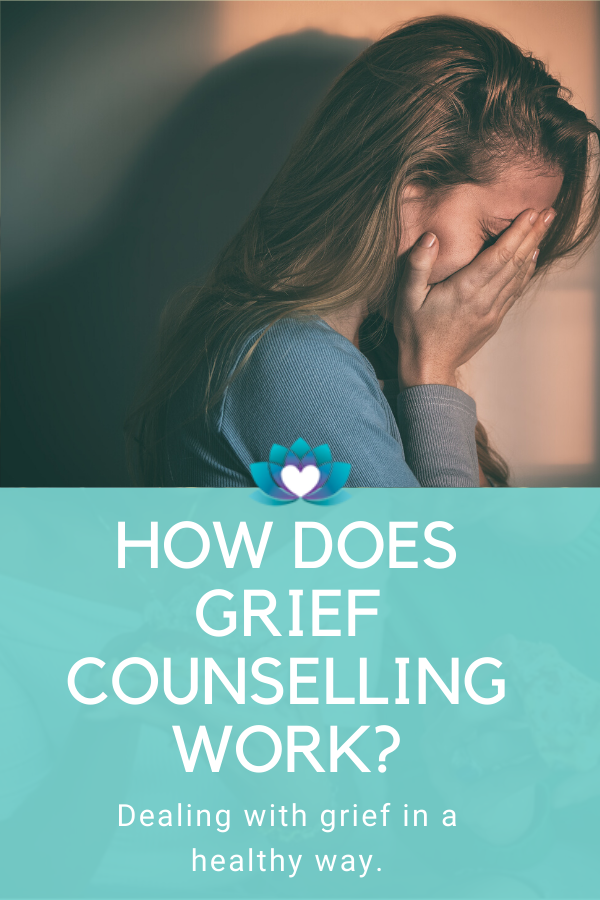In this post, we look at just how does grief counselling work. Losses are a part of life; they are inevitable. Everybody will eventually experience a loss – be it a job, a material possession, or a loved one. Using logic and reason we can agree that life goes on no matter what, but many of us still do experience grief.
Grief is a natural reaction to loss. It encompasses a wide range of emotions, from anger to regret. After losing a loved one, you might console yourself by believing that the person is in a better place, or they are no longer suffering. On the other hand, you might also blame yourself for the loss, believing you could’ve saved the person or done something differently.
Some people like to grieve by themselves in silence. They find it easier to cope with emotional trauma alone. Others prefer to pour their emotions out and share their feelings with friends or family. Grief is normal, and the way you choose to grieve should be entirely up to you.
Elisabeth Kubler-Ross came up with the Five Stages of Grief. They are: denial, anger, bargaining, depression, and acceptance. These steps were designed specifically to describe bereavement – the grief you experience when you lose a loved one. They have been adjusted to suit any form of grief. Of course, this model is based on global trends and statistics. If it doesn’t match the way you cope with loss – that’s completely normal.
Acceptance and Moving Forward
Grieving can be extremely difficult and painful. Some say time numbs the pain, but it never stops; you just learn to live with it. However, there are ways to make your life easier after a significant loss. One way to do so is through attending grief counselling sessions. Grief counselling helps you accept the situation at hand and move on in a healthy way.
There are many different types of counselling. If you are not keen on sharing your emotions with a group of people – you can attend individual sessions. You can also choose to attend group therapy, where you can meet likeminded people that are going through the same thing as you. That is especially helpful if you want to make friends and connect with someone outside of grief counselling. Family therapy can help the whole family go through the loss of a family member.
Grief Counselling Options
Therapy helps with a variety of issues and emotions you may experience as you’re grieving. That includes the feeling of losing the connection you had with the deceased. Speaking about your relationship with that person in a positive light and recalling good memories strengthens your bond and keeps their memory alive.
Losing a parent or a partner may be hard because you relied on that person for all kinds of tangible and intangible support. That may ignite the desire to join the deceased in death. Therapy can help you learn to live and function alone, and maybe even strengthen the bond you have with other relatives and friends.
The Journey of Grief
An issue many people face after losing a loved one is feeling guilt or regret. Maybe you feel as though you didn’t spend enough time with the deceased, or didn’t offer them the support they needed. It can go as far as blaming yourself for their passing, and wishing you had done some things differently. In therapy, these feelings can be expressed without judgement. Counselling helps to go through the journey of grief in a healthy way and reach the acceptance stage.
It’s important to understand that grieving is completely normal, and most people go through this process one way or another. Pushing your feelings aside and pretending nothing ever happened is not healthy or helpful. Unresolved trauma has a way of coming back into our lives. Counselling should help you realize that there are still things and people worth living for. Grief should not rule your life and impair your quality of life in the long term. If you would like help with your grieving process please feel free to reach out to us and one of our highly trained counsellors can help you.

